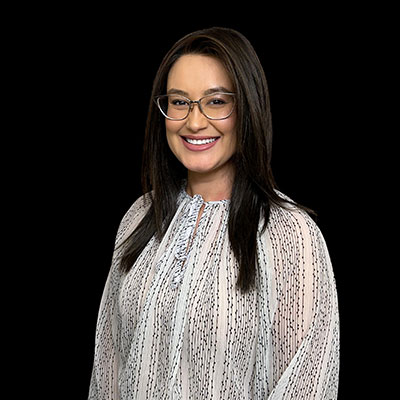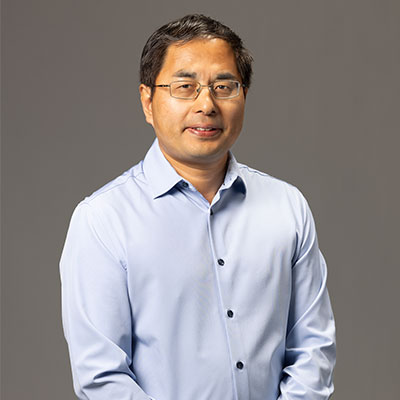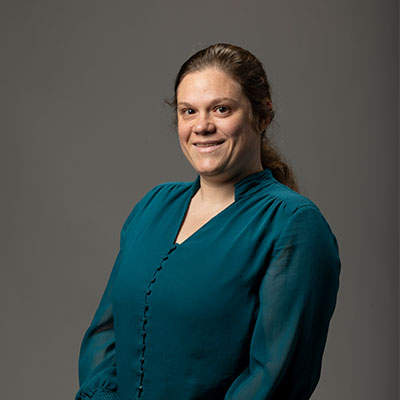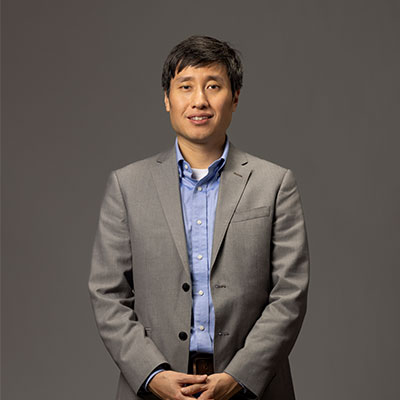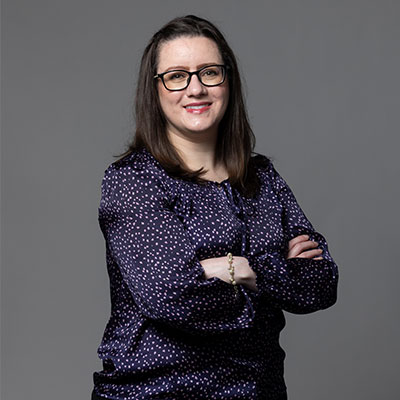Jennifer Thompson
Non-Tenure Track Faculty Research Excellence Award 2025
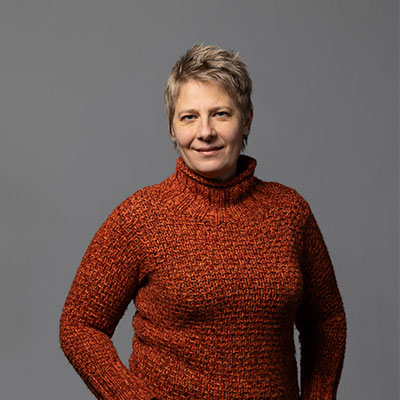
Jennifer Thompson, associate research scientist in the College of Agricultural and Environmental Sciences, is a leader in research on the social sustainability of agriculture and food systems. Her interdisciplinary and community-engaged scholarship advances knowledge and practice on the human dimensions of climate-smart agriculture, community food systems, and food systems education. Over her career, Thompson has secured funding on projects totaling over $105 million, including $7.5 million to UGA and over $3 million directly supporting her lab. As the lead social scientist on major USDA-funded sustainable agricultural projects, Thompson’s commitment to farmer engagement is producing unique insights that inform policy and outreach. An internationally recognized scholar, she has conducted research in France, Norway, Spain, and across the United States, publishing in top-tier journals. As a research mentor and past president of the Society for the Anthropology of Food and Nutrition, Thompson fosters the future of sustainable agriculture and food systems scholarship.


